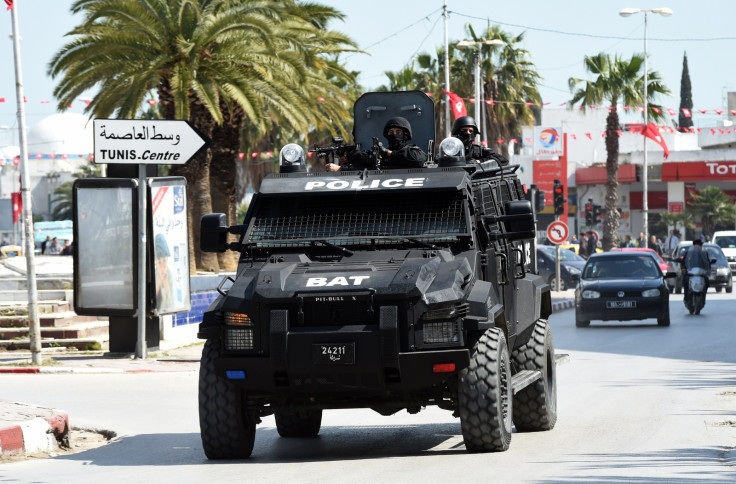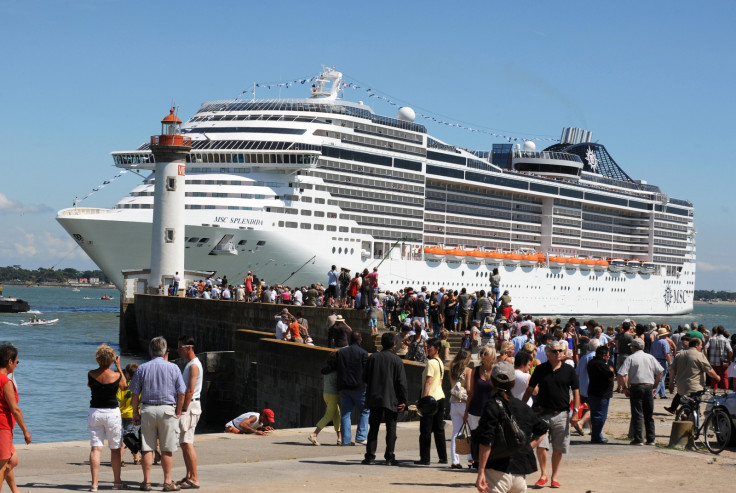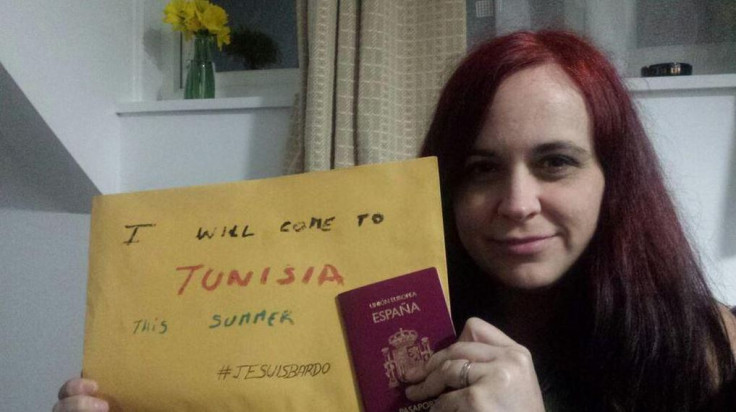Tunisia's tourism industry may recover from Bardo Museum attack - but political wounds run deep

Tunisia suffered a terrible attack on the Bardo Museum on Wednesday 18 March. This dramatic event cost the lives of 22 people, of whom 19 were tourists, and is a heavy blow on the tourism sector, which has barely begun to recover from the country's revolution on 14 January 2011.
Claimed by the Islamic State (ISIS), this is the first such attack on Tunisian soil, and the first targeting civilians since the country's unrest. Before the uprising, an attack on the Ghriba synagogue in Djerba in 2002 killed 19 people - 14 of them German tourists.
Since 2012, the various attacks directed at the army and security forces on the Algerian border have left 90 dead, according to a statement from a representative of the police union.
But this time, terrorism has reached a new threshold. It struck the heart of the Tunisian capital, a symbolic place for the country's culture and civilisation, and has touched a new target: civilians and foreigners.
Still shell-shocked, Tunisia will have to recover fast. The country has faced great economic difficulties since the fall of President Ben Ali in 2011, and this attack, perpetrated in the largest museum in the country, hit one of the most important sectors of the Tunisian economy: tourism.
A tough blow for tourism?
Twelve of the victims were holiday makers, who were spending 24 hours in Tunis as part of a cruise holiday.
On Thursday, two Italian groups, MSC Cruises and Costa Cruises, announced the suspension of all excursions to Tunis, and replaced them with alternative destinations.
According to AFP, German firm Hapag-Lloyd Cruises, a cruise ship which was supposed to shortly go through Tunis, has removed the port from its itineraries.
But travel agencies do not have this flexibility, and will find it difficult to cut out Tunisia from the destinations they offer as quickly as the cruise lines have.
Although effects are anticipated , the country will have to wait for the start of the high season, in three months, to measure the real impact of this attack.
The Minister of Tourism, Selma Elloumi Rekik, remains optimistic, telling the news agency Tunis-Afrique Presse there have been some reservation cancellations, but nothing major.
According to AFP, the British tour operators Thomas Cook and Thomson have maintained their scheduled trips to Tunisia, but have cancelled excursions to Tunis. The French operators have taken the same position. There is no question of abandoning the Tunisian holiday destination, René-Marc Chikli, president of the union of French tour operators (SETO), told a newspaper called Challenges.
A recovering sector
Although effects are anticipated , the country will have to wait for the start of the high season, in three months, to measure the real impact of this attack.
Tourism contributes 7% of Tunisia's GDP and employs more than 400,000 people, both directly and indirectly. Will such an important sector be able to survive this tragedy? This is the big question today.
During the first year of the uprising, between 2011 and 2012, the tourism sector experienced a 30% fall in revenues, and while it is recovering, it has not yet managed to regain its pre-revolution buoyancy.

Its traditional markets are France, Germany, Britain, Italy and Spains – but the European tourists, who represent 47% of the entire market, still find it hard to return, four years on from the uprising.
In 2014, total entrances exceeded 6 million people, lower than the 2010 levels of just under 7 million. Last year, the number of tourists from France – Tunisia's largest European market – declined by 6% compared to 2013, which itself was not a good year for tourism.
Can international solidarity save the country?
While the Tunisian community was expecting mass departures in the wake of the terrorist attack on the Bardo Museum, tourists marched through the streets of the island of Djerba, 500 kilometres from the capital, to affirm their support to Tunisians.
On social networks, web users spontaneously launched a solidarity campaign entitled 'I Will Come to Tunisia', which went viral. Users from all countries posted their photos on Instagram, Facebook or Twitter with the message 'I'm Bardo' or 'I am Tunisian', and pledged they would return to Tunisia on holiday.
"At an international level, Isis and others have the means to attract these kids, so we need to find systems of control - not punishment - both nationally and internationally."
Read Elsa's interview with Imen Triki, a Tunisian lawyer who has represented several locally-born Islamists, by clicking here.
On the government side, the communication plan was unusually well thought out.
In a press conference held at the museum the day after the attack, the Minister of Culture Latifa Lakhdhar announced the reopening of the Bardo on 24 March. On Sunday (22 March), the President of the Republic, Caïed Beji Essebsi, gave a live interview on French television.
These are many signs Tunisia is sending out to show the world it will not yield, and is engaged in the resistance. But these comments are also there to rally support for the country, which has never faced such a looming terror menace.
An international campaign of solidarity should cushion the blow for Tunisia – which is facing hard economic conditions.

Beyond the tourism sector, though, the unstable political situation of the past four years has not allowed the necessary investment necessary to revive the economy or absorb unemployment, which currently affects about 600,000 people, most of them graduates.
Stability and visibility are the primary goals for the country's new government, which entered office in early 2015 for a five-year term, and they are intended to help initiate deep reforms, address economic challenges and bring new investments.
Today, the Tunisian authorities are doing everything to reassure the international opinion, explaining that terrorism can affect any given country, and that economic and international logistical support is needed to save the only democratic country in the region. Whether these efforts will be effective remains to be seen.
Sarah Ben Hamadi is a blogger, media project member and member of the Labo' Démocratique and Pacte Tunisien. You can find her on Twitter @sarah_bh.
The article was translated by Elsa Buchanan, Franco-British foreign news specialist at IBTimes UK. Find her on Twitter @elsaabuchanan.
© Copyright IBTimes 2025. All rights reserved.





















